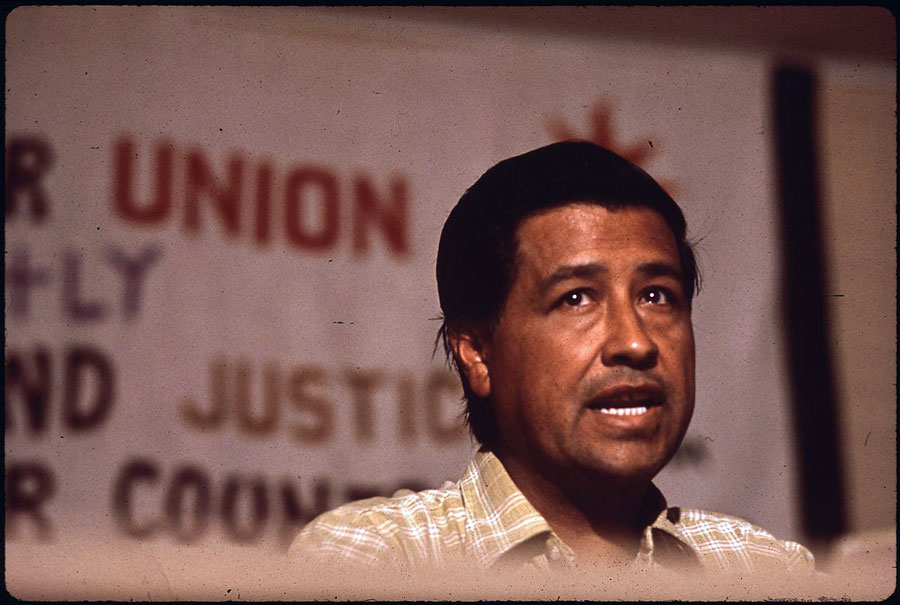The Supreme Court has announced that it will hear Cedar Point Nursery v. Hassid, a case targeting a 45-year-old California regulation that allows union organizers to briefly enter agricultural workplaces to speak to farmworkers.
The specific regulation at issue in Cedar Point, as Harvard Law professor Niko Bowie noted on Twitter, “was the product of a years-long campaign by César Chávez” and the United Farm Workers. Promulgated in 1975, this regulation gives union organizers limited access to agricultural worksites, provided that those organizers disclose to the employer that they intend to enter a particular worksite.
If the Supreme Court were to hold that the government may not require a business to allow unwanted people on its premises, the implications could be staggering. It could mean, for example, that the government runs afoul of the takings clause if it requires restaurants to submit to periodic health inspections, or if it requires power plants to be inspected to monitor their emissions, or if factories are required to allow workplace safety inspectors to observe working conditions.
Thus, if the Supreme Court. with its 6-3 conservative majority, decides to limit the rights of unions in Cedar Point, it could open up a can of worms that could jeopardize a long list of land use laws. At the very least, it’s hard to distinguish the California regulation from any law permitting government inspectors to investigate whether a business is complying with health, safety, or labor laws.

